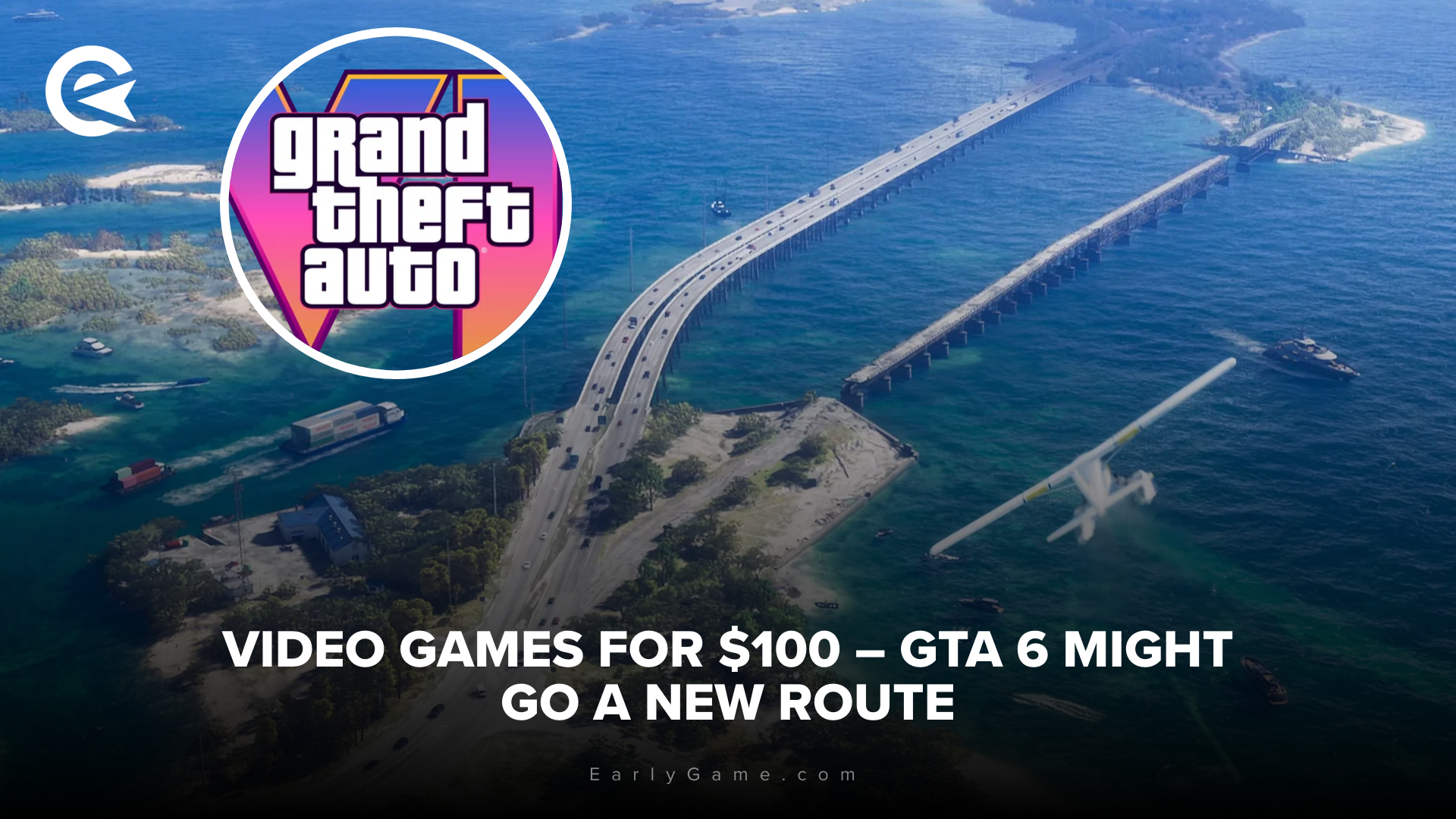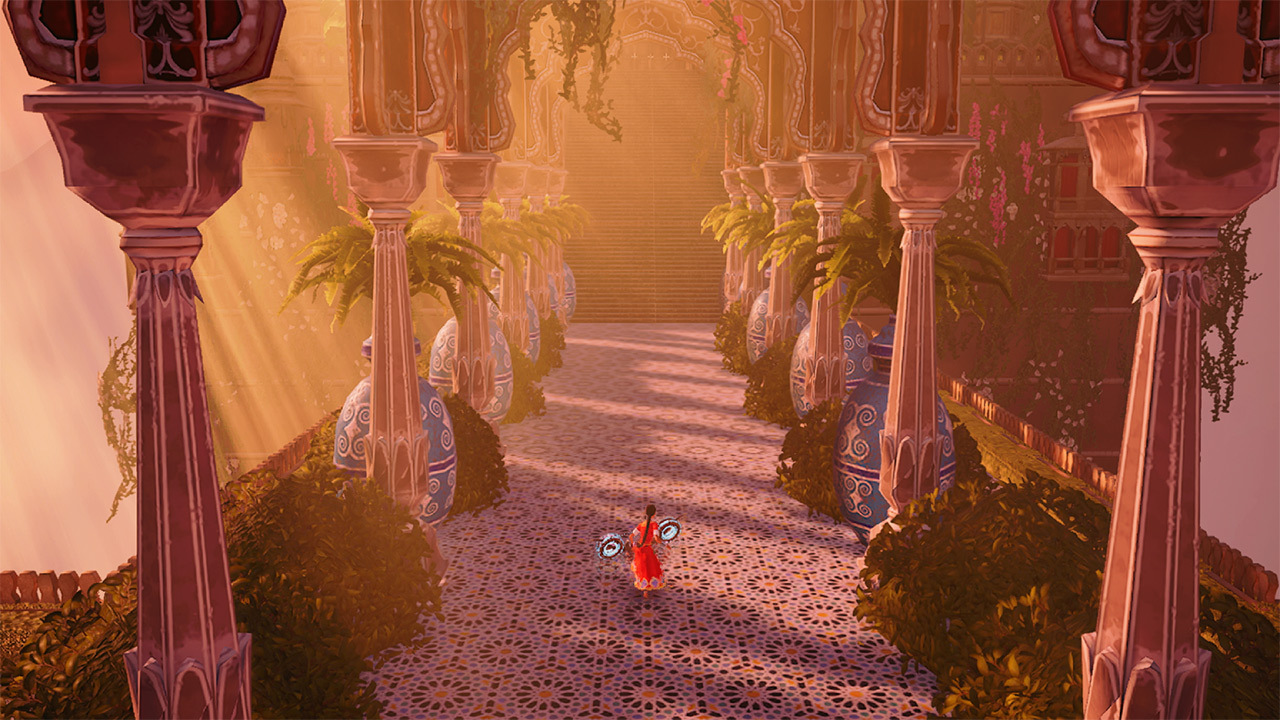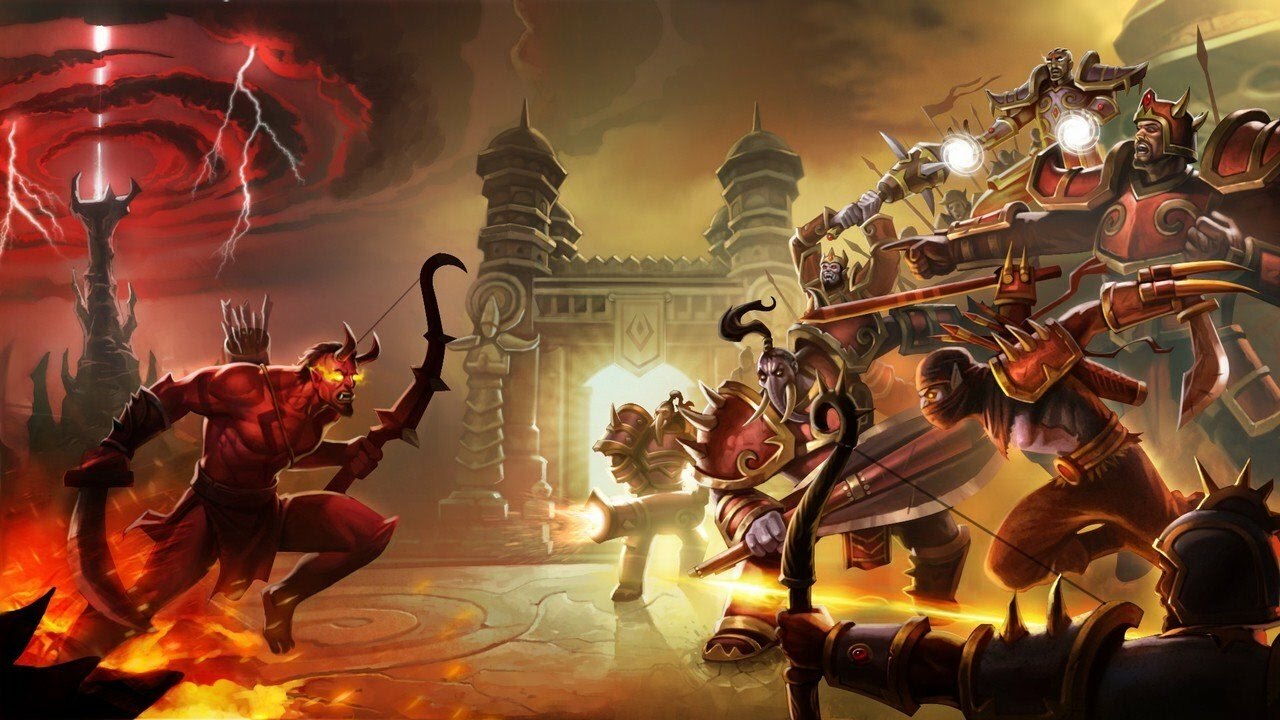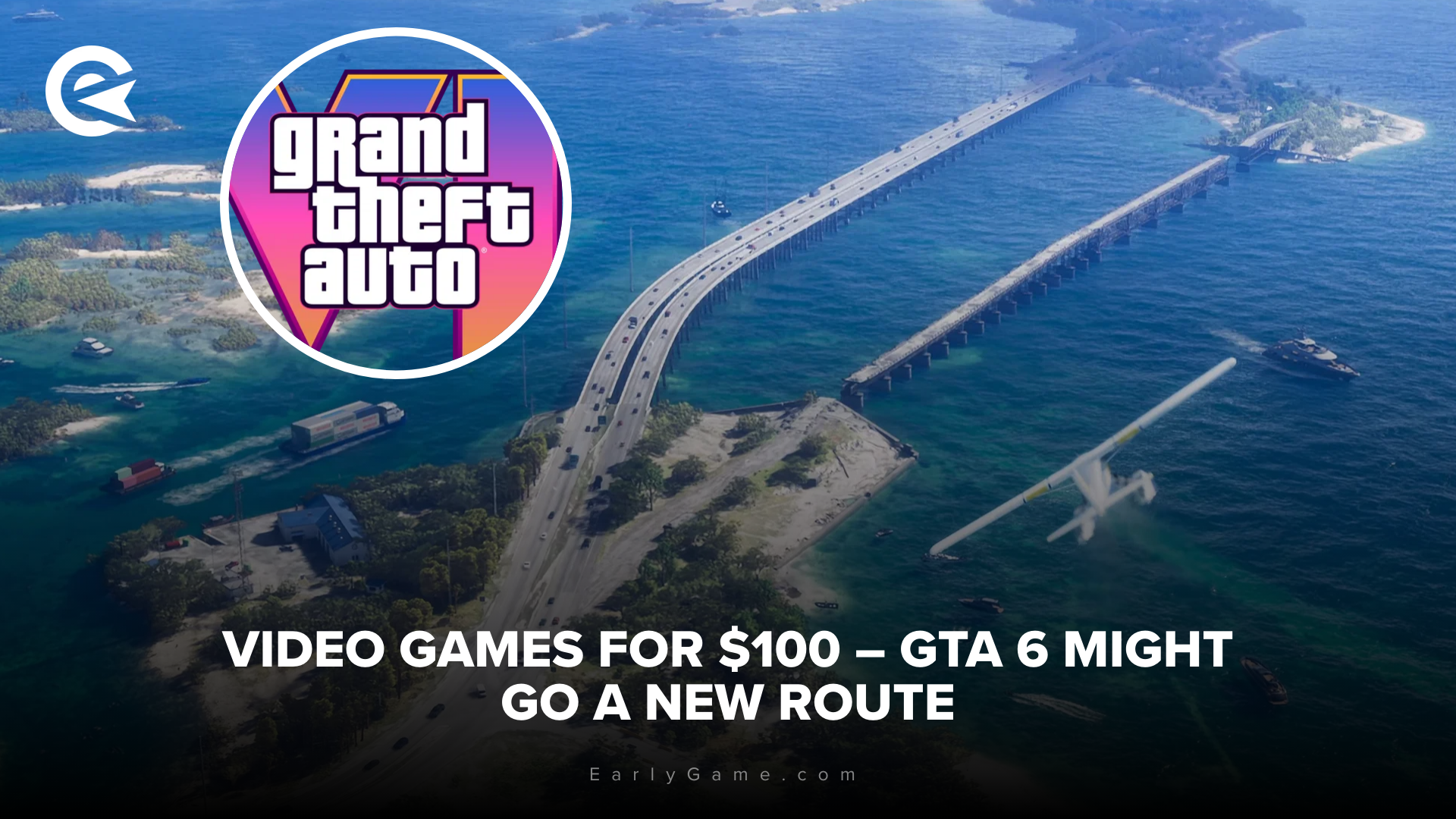$100 for a single game – GTA 6 might actually do it.

Rockstar Games may be about to set a new precedent with the release of Grand Theft Auto VI (GTA 6). Speculation is rife that this eagerly anticipated title could push video game prices into uncharted territory, potentially retailing for $100 per copy.
However, this development has sparked debate about whether raising prices is a sustainable solution for the challenges faced by the gaming industry.
A Pricey Proposition for a Monumental Game
Rumors of GTA 6's hefty price tag have been circulating for some time. As Rockstar prepares to launch this open-world juggernaut, whispers suggest a production budget that could soar as high as $2 billion. Given the game's staggering scale and development costs, a price point of $80–$100 no longer seems far-fetched. For a franchise with a history of groundbreaking releases, this might not come as a surprise.
However, while GTA 6 could justify such a price tag due to its unparalleled reputation and massive fan base, the broader implications for the gaming industry warrant closer scrutiny. Across the sector, publishers have grappled with rising production costs, and some view higher retail prices as a potential lifeline. Yet, a blanket increase could pose significant risks, especially for smaller developers and publishers who lack the prestige or reach of a Rockstar-level studio.
Publishers Struggle Amid Industry Challenges
The gaming industry is currently navigating a challenging landscape. Recent years have seen several publishers, including Ubisoft, Warner Bros., and Sony, stumble with costly missteps. Poor project planning, lackluster executions, and underwhelming launches have led to significant financial losses. For an industry dependent on innovation and audience trust, such failures underscore the need for introspection rather than quick fixes.
Raising game prices indiscriminately would not address these structural issues. While major studios with massive franchises might weather such a change, the rest of the industry could face intense scrutiny and pushback from gamers unwilling to pay premium prices for subpar experiences.
Rockstar Games: GTA 6 will be $150
— BLURAYANGEL (@blurayangel) December 2, 2023
Gamers going to GameStop: pic.twitter.com/ImFnJoA6ZS
The Rockstar Exception
GTA 6 may well be the lone title capable of commanding such a price while maintaining strong sales. Rockstar’s reputation, bolstered by over a decade of success with GTA 5 across multiple platforms, grants them a unique position. The franchise's lasting popularity, coupled with high expectations for the next installment, makes the argument for a premium price point more tenable.
However, this should be seen as an outlier rather than a standard. Expecting every game to follow suit would ignore the unique factors that allow Rockstar to make such a move. Without the same level of innovation, quality, and audience anticipation, other developers risk alienating their player base and contributing to a broader industry downturn.
High Prices Aren’t a Long-Term Solution
Ultimately, while GTA 6 might prove to be worth its weight in gold – or $100, as the case may be – this cannot set a precedent for the rest of the industry. Gaming needs solutions that focus on sustainable development practices, better project management, and an understanding of player expectations. Simply charging more is unlikely to create lasting success.
$100 bucks for GTA 6 if it's guaranteed to never need a patch and comes out of the gate perfect, but that will never happen.
— Sir Jean Luc Connery (@JeanLucConnery) January 19, 2025
So HELL NO! pic.twitter.com/cy67aC1gMj
It is disheartening, however, to see so many publishers and developers lean on the sentiment that raising prices will somehow undo the damage of their own strategic missteps. Poor planning, wasted budgets, and underwhelming releases are not problems that higher prices can fix. Blaming gamers or asking them to foot the bill for internal failures is not a sustainable or fair solution.
For Rockstar, GTA 6 might indeed be the exception that proves the rule, especially after fans have waited more than a decade for its arrival. And perhaps, for this one time, $100 could be justified. But for the rest of the industry, leaning on premium pricing as a crutch instead of addressing core issues would be a grave misstep – and one that could alienate players and damage the industry in the long run.




























